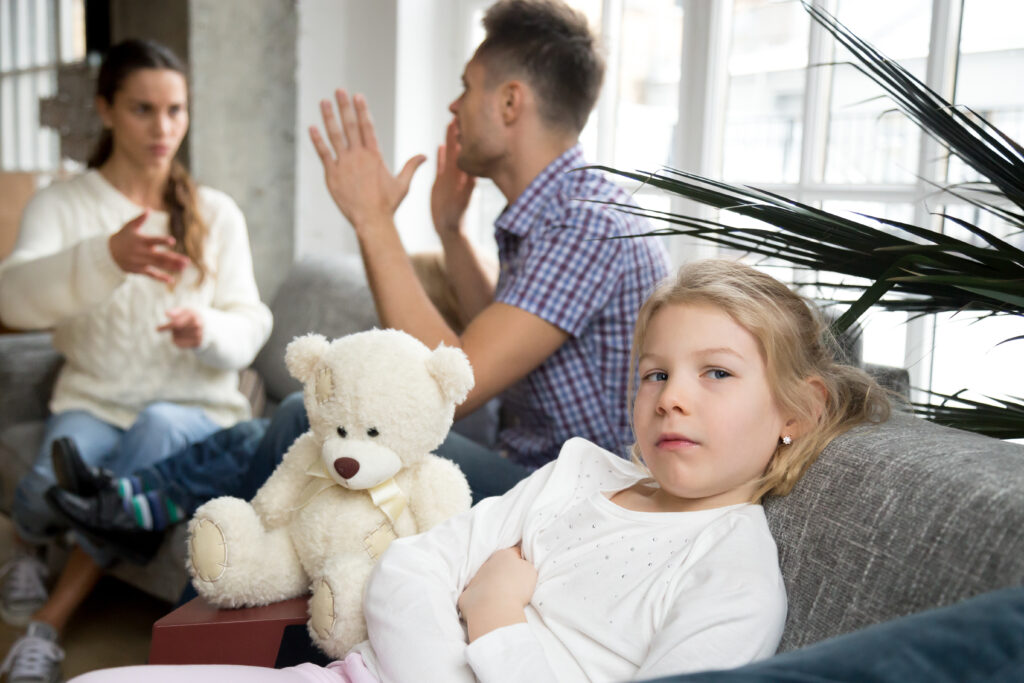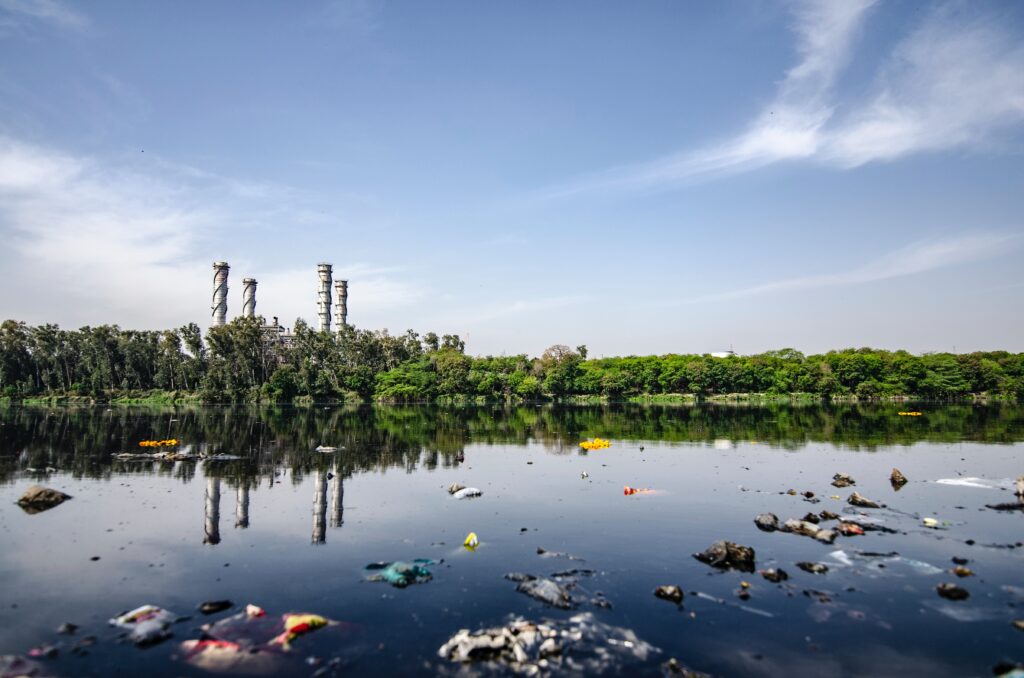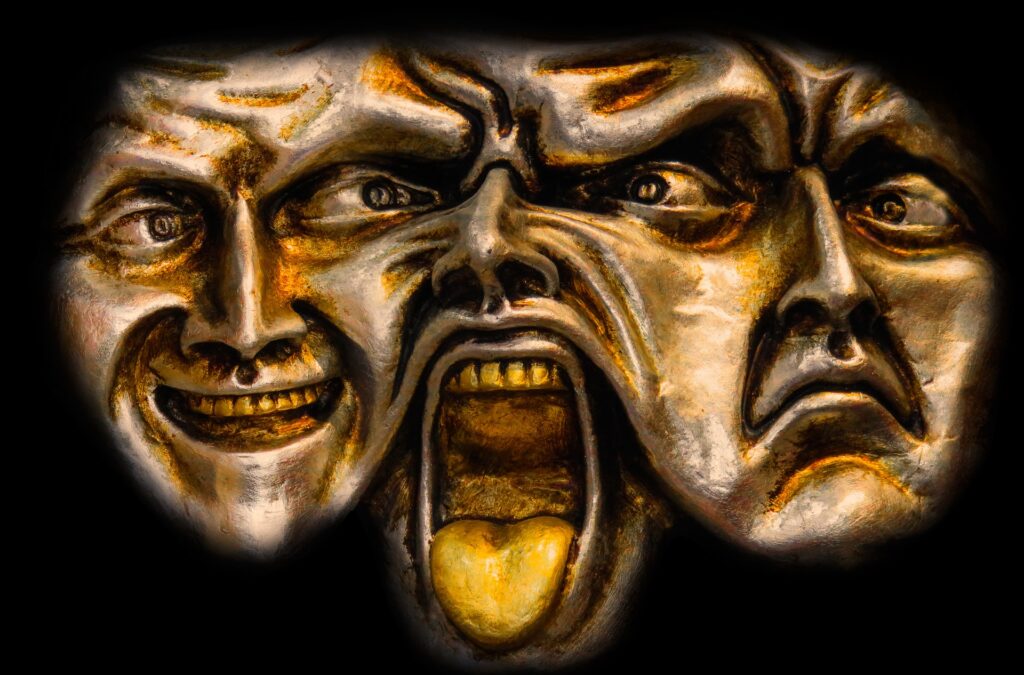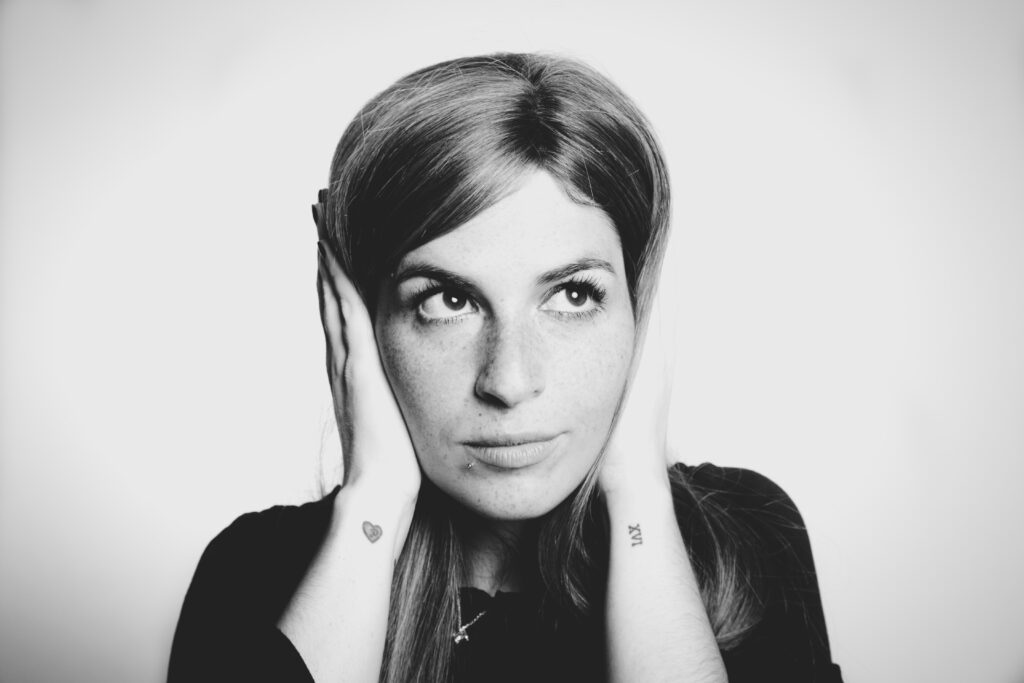10 Characteristics of Highly Toxic Parents


DISCLAIMER: This article is purely for informational and educational purposes only. It is a short self-improvement and self-awareness piece for those who are interested in such. If you can relate to any of these characteristics personally, please don’t take this listicle as an attack on your character.
A taboo topic in our society and culture is speaking ill of not only the dead but our parents. When we bring up our own personally traumatic events regarding our parents (because everything is traumatic when you’re a kid), we are shushed and shunned with “they did the best they could”, “they did everything for you” or the usual “you’re ungrateful”.
While our parents might have meant well, some did eventually fall into the toxicity pit and raised poorly mentally and emotionally functioning children. The effects of this lifetime of toxic parenting is an adult who continues to suffer from an unhealthy perspective of love and relationships and a lack of understanding of their own emotional and mental needs and that sometimes crosses over into cruel romantic relationships, friendships and even work environments. If this sounds like you, here are 10 characteristics of highly toxic parents and how they affect you.
- They Are Hypercritical

Criticism from parents is normal. Well adjusted criticism can help you see the flaws in a plan and make better choices for yourself. However if your parents are overly critical of you on a regular basis, this is a toxic trait.
This constant criticism and sometimes comparison can make a child feel like they aren’t good enough or at fault for their parents’ constant attacks on them. This results in an adult who has a harsh inner critic as a constant companion as opposed to an analytical voice that helps rectify mistakes and take better risks. This inner critic can actually sound like your parents’ voice that is always in your head.
- They Don’t Allow You To Express Your True Feelings

Healthy parents are aware that their children have emotions and opinions too because they are human and that’s just part of it and they welcome the expression and discussion of them. Highly toxic parents don’t have this awareness.
Highly toxic parents take a child expressing their confusing and difficult emotions as attacks on their character. There are no individual feelings, just a few collective emotions. The parents being dismissive of their children’s emotions can result in depression, according to the American Psychological Association, because their true self is being suppressed. This results in a child who can’t express or identify their own needs and an adult who suffers the same and aims to only please people because that is what they know.
- They Compete With You

Being competitive is a good thing that can help you become more resilient and be more confident about making your dreams a reality. Having parents that inspire you to succeed in what you want to do is a blessing.
Toxic parents seem to view their children as competitors. If you do something good, like passing your algebra test by studying by yourself, they absolutely must tell you about their 90% in Maths because they did better than you and therefore are better than you. They might derail your success or goals by using sabotage and belittling your dreams and accomplishments. You end up not feeling confident in reaching your own goals. Some highly toxic parents are quite jealous of their children and the opportunities that they have so they might overtake you in your goals or force you to live their own long gone dreams, which leads me to the next point.
- They Don’t See Their Children As Individuals

Highly toxic parents (calling them HTPs after this) see their children as extensions of themselves only. They want their kids to follow in their footsteps or live out the dreams they never got to live out like being a cop, being a world class pianist or a lawyer.
Because they see their kids as small versions of themselves, they might fear the kids being autonomous and leaving them so they prevent them from being themselves and functioning as an individual. Any undesirable behaviour that can make them look bad is ridiculed both publicly and privately. The child becomes an adult who doesn’t have a separate identity nor do they know who they are.
- They Control Their Children By Using Guilt and Money

Healthy parents can give gifts, affirmation and physical affection without expecting anything in return because they know it’s not a business deal that requires reciprocity to make it work. They do it because they want to and love to.
HTPs will give a child all these things, sometimes without the child even asking, and demand something in return. If the child doesn’t they are reminded of the sacrifices that the parent made and everything they have done. Children become afraid to ask for help and things they do need because they will be asked to give something back that they don’t want and turn into suspicious, distrustful adults who question kindness and doubt people’s intentions .
- They Always Put Their Feelings First

Putting your feelings first isn’t bad but if you do it often and at the expense of others and not including them when it’s a group setting, that is a toxic trait.
Parents who do this in a family environment don’t create positive relationships with their children. By not considering your family’s feelings and opinions about family matters, these parents force their kids to hide their true feelings to please and soothe the parent. This can result in an adult who lies and hides who they are and downplays their own needs and feelings.
- They Demand Your Attention And Praise

If your dad bought a new gaming console and you don’t compliment him, you know you’re not going to hear the end of it. If you don’t compliment your mom’s new and unnecessary purchase, you are jealous. HTPs can’t live without attention and praise. It has to be positive, of course and you must give it often.
Well adjusted parents know that their kids need to be their own people away from them to grow. HTPs brought you into this world and constantly demand your attention and interaction. This forced bonding is tiring and time consuming for children who turn into adults that suffer through things that they really don’t want to and have the option to not but don’t because of leftover guilt.
- They Withhold Love As A Form Of Punishment

Being punished by your parents is inevitable and necessary for knowing that consequences exist for actions. Healthy punishment options exist.
HTPs will often use the silent treatment on their child to discipline them instead of expressing their displeasure in a productive way. This passive aggressiveness makes the child or anyone for that matter feel pressured into solving a problem that they didn’t even cause. They can tell their kids that they don’t love or like them, give them short, rude answers and dirty looks and refuse physical touch. This manifests in children who hide the truth from their parents or engage in worse behaviour if they believe that their parents don’t care about them.
- They Give No Apologies And Take No Blame.

Well rounded parents aren’t perfect people and they are aware of this. They know that their actions can and do have unpleasant consequences and they communicate this with their children when they hurt them unintentionally or intentionally. They are more likely than not to admit their fault and take responsibility for their actions.
HTPs are not in that group. They aren’t a self aware or self improvement minded bunch. They are the victims, always and forever and will never be the villain because they just don’t see it that way. They are too preoccupied with judging people and blaming everyone else, even their own kids. They refuse to give an apology because they believe that children aren’t worthy of them. They are never wrong. Ever. This makes a child feel like the wrongs done to them don’t matter or need correction so they become adults who don’t voice any grievances and suffer in silence.
- They Ignore Healthy Boundaries

Well rounded parents know that having boundaries is good for themselves and their children because it teaches respecting yourself and others and defending yourself when boundaries have been crossed. They will knock on your door first, allow you privacy and encourage general communication within the family.
HTPs don’t know what a boundary is. At least not in regards to their kids. They give little to no privacy. They trample all over boundaries and force an enmeshed dynamic in the family where you can’t tell where you start and the rest of the family ends. Parents who display this toxic trait make it difficult for children to recognize, set, understand and maintain boundaries. This child becomes an adult with little understanding of healthy boundaries and respect for others.
FINAL THOUGHTS
Children and adult children of HTPs have a rough go of life, especially at the beginning stages. If you come from a home where you didn’t receive unconditional love, affirmation, security and practice in independence and individuality, it’s an extremely difficult life that you lead. You feel like you’re not quite alive and in your body. You’re watching someone else’s life and drifting by. The toxicity is very powerful and dangerous. The good news is that you can absolutely break this cycle and be a better adjusted, secure person. The bad news is that it takes a long time and a lot of work but it’s rewarding in the long run.
While it may not be simple or even possible for some people to leave the clutches of their toxic parents and guardians, action does need to be taken to correct the damage done to your psyche and emotional state. If you are a victim of HTPs, therapy and counseling is extremely important and helpful long term. If you are a parent who sees these characteristics in yourself, help from a counselor or a professional mental health care provider can help you break these negative patterns.
Good luck and see you soon.
REFERENCES
*Ashley , S. (2021, May 15). 16 characteristics of highly toxic parents. Google. Retrieved November 15, 2021, from https://www.google.com/amp/s/www.scarymommy.com/16-characteristics-toxic-parents/%3famp=1.
*Chavez, H. (2016, January 17). 13 signs of a toxic parent that many people don’t realize. Lifehack. Retrieved November 15, 2021, from https://www.lifehack.org/350678/13-signs-toxic-parent-that-many-people-dont-realize.
*Douglas, L. M., Douglas, L. M., .tdb-Author-Photo, /* C. C. */.tdb-A.-B., -, H. W. S. W., -, J. S., -, B. -, N. B. (2021, September 29). 10 signs you have a toxic parent. Healthyway. Retrieved November 15, 2021, from https://www.healthyway.com/content/signs-you-have-a-toxic-parent/.
*Spinazzola, J. (2014). Childhood psychological abuse as harmful as sexual or physical abuse. American Psychological Association. Retrieved November 16, 2021, from https://www.apa.org/news/press/releases/2014/10/psychological-abuse.



Responses